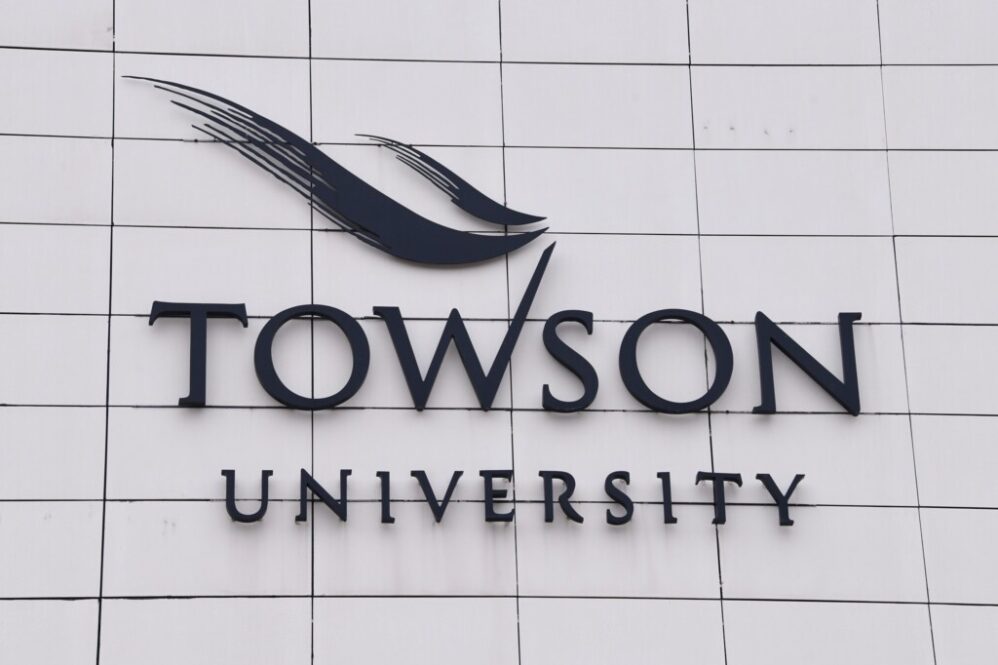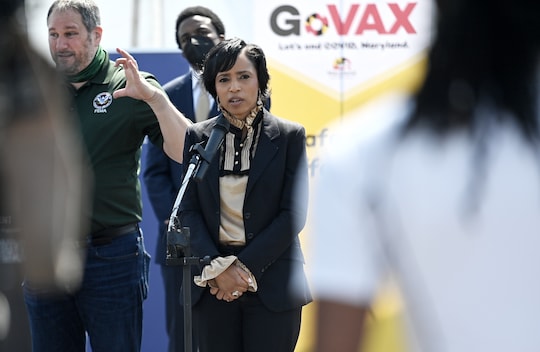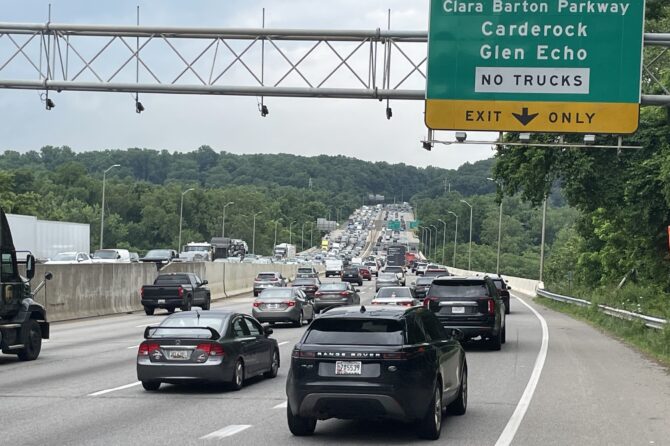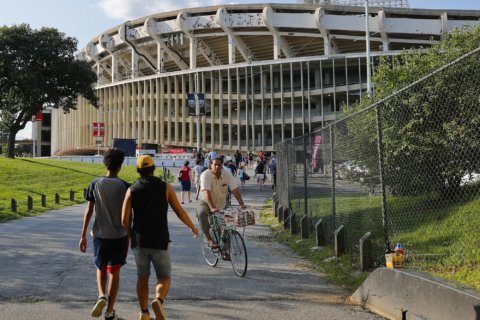MARYLAND MATTERS: For the fourth time this year, the Maryland Higher Education Commission met to decide whether to allow a state university to move forward with a new degree program over the objection of another institution.
But Wednesday marked the second time the commission reviewed a proposal from Stevenson University to create a physical therapy doctoral program.
Commission Chair Catherine “Cassie” Motz said the board was essentially “redoing” an April 26 meeting.
Maryland HBCU Advocates wrote a letter to Motz on Tuesday arguing that shouldn’t happen, especially since a legislative work group was formed to provide recommendations on changes to the degree approval process at the state’s colleges and universities.
“As advocates, we…recommend a moratorium on granting programs until the workgroup of the Maryland General Assembly puts forth its recommendations in December of 2023,” said Sharon Blake, a spokesperson for the group comprised of supporters and alumni of historically Black institutions and universities.
Motz said a review meeting cannot be postponed without the consent of the institution proposing a new academic program.
The current issue began in February when Emily Dow, assistant secretary of academic affairs for the commission, recommended approval of the Stevenson program based on several factors such as a “substantial and growing workforce need in Maryland for Physical Therapists.”
Officials with the University of Maryland Eastern Shore (UMES) and University of Maryland Baltimore (UMB) requested a review meeting with the commission to challenge Dow’s decision. They claim the Stevenson program would be “unreasonably duplicative” and cause “demonstrable harm” to the programs at their schools.
Commissioners agreed and voted April 26 to overturn Dow’s decision.
According to the meeting minutes, seven commissioners voted to adjourn into a closed-door session and make the decision that wasn’t unanimous. Although the minutes show who was in attendance, it doesn’t state the actual vote.
However, former Commission Chair Mary Pat Seurkamp wrote in a May 10 letter to Stevenson President Elliot Hirshman that the school could resubmit a new plan that “would not impact time to completion for students in existing programs nor impact faculty recruitment at other institutions.”
Motz also inferred that a new vote may be needed in light of an August advice letter from the Office of the Attorney General.
Patrick B. Hughes, chief counsel for opinions and advice in the attorney general’s office, concluded a controversial 4-3 decision in June to allow Towson University to create a business analytics doctoral program wasn’t valid because only four members voted in favor of the plan. Hughes wrote at least seven of the commission’s 12 members need to vote in favor or against proposals.
The chief counsel suggested the commission should meet again to resolve Towson’s appeal and record a majority vote.
Slightly more than a week after Hughes’ letter, Towson announced it will withdraw its plan because of an earlier request from the commission for institutions to “pause” new degree proposals if an objection is raised by another university. However, the commission did not ask schools to cease filing new program proposals.
‘Need of reform’
Johns Hopkins University has also submitted documents to create a physical therapy doctoral program and was “recommended for implementation,” according to a July 14 letter from Acting Secretary of Higher Education Sanjay Rai.
Rai wrote that although the program would be similar to those the University of Maryland Eastern Shore and University of Maryland Baltimore, the market demand for those programs are high in the state.
“I strongly encourage JHU, UMB, and UMES to collaborate to advance education and research in healthcare fields to support the residents of Maryland and to continue to make healthcare more accessible and affordable, both locally and globally,” Rai wrote.
The letter was sent less than a week before Rai and Motz issued a joint letter asking institutions to pause submissions of new academic programs when a protest is lodged.
But UMES and UMB requested a Sept. 7 review meeting be rescheduled, especially since commissioner leadership asked for a “pause” in new programs. The meeting still took place and the commission will issue a written opinion within 10 business days of that meeting.
On Wednesday, Commissioner Ray Serrano asked the Stevenson president why the school didn’t adhere to the “pause” issued by Rai and Motz.
“It wasn’t codified in any way. The implications of requesting or taking a pause [were] not entirely clear,” said Hirshman, who added the school submitted documents for its plan in December 2022. “Our commission hearing was supposed to be in April… So given this timeline and all the activity over the last several weeks, we believe it is appropriate to proceed with our commission hearing.”
Before the board went into a closed-door session to deliberate on Stevenson’s plan, Motz said a written decision will be issued within 10 business days.
Motz, who convened her second review meeting Wednesday, said the voting procedure will change; future decision letters from the commission will state a vote total, the rationale of a decision and who supported and opposed an academic proposal.
Since 2018, letters sent to school officials after review meetings don’t state a vote tally.
Motz and six other commissioners were appointed by Gov. Wes Moore (D) in July.
“It seems to me that there’s an unusually long and complicated procedural history here,” Motz said. “Commissioners recognize and agree with the consensus across the state that the current, long-standing academic review process is in great need of reform. We are grateful to the legislature for forming a work group to overhaul and improve the process.”










